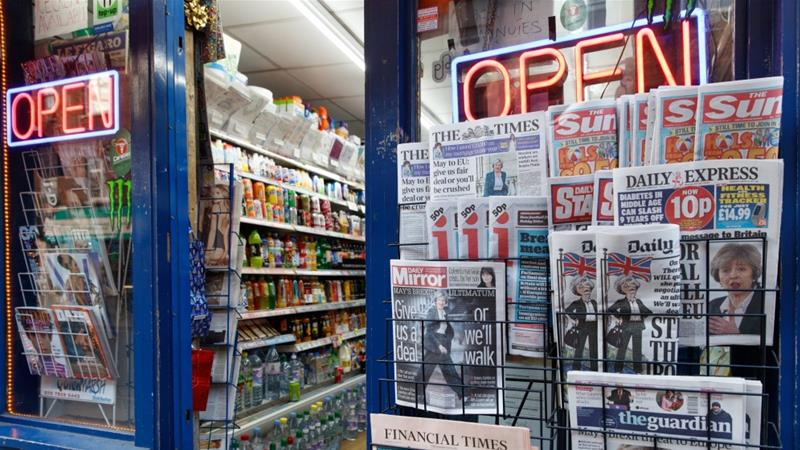British journalists could be treated as spies, and given up to 14 years in prison for handling state secrets, if proposals by the UK’s Law Commission become law.
In 2015, the Commission, whose remit is to review and recommend reforms to UK legislation, was asked to examine laws relating to official data. Its recommendations, published last week, suggest the definition of the offence of espionage is changed so that it is “capable of being committed by someone who not only communicates information, but also by someone who obtains or gathers information” (PDF).
It would also lift restrictions on who can commit espionage. They would no longer have to be employees of the state, but could include journalists, NGOs or whistle-blowers, who wouldn’t be able to use a public interest defence to protect themselves.
We don’t have to look further than the 2013 Snowden leaks to understand the implications of the proposed changes – in fact they can be seen as a direct attack on the newspaper that broke the story.If the UK Law Commission’s proposals become law, there could be consequences for free speech beyond the UK.
When democracies pass laws that threaten the freedom of the press, they provide justification for authoritarian regimes to pass their own repressive laws, often in the name of national security.
The British prime minister, Theresa May, has tried to distance herself from the proposals, insisting that they were initiated under her predecessor David Cameron’s leadership.
Given that the Home Office were a key part of the pre-consultation process, and May was serving as the Home Secretary during Cameron’s second term in office, this lacks credibility.
However, the government is now aware of the scale of opposition to these proposals. The Law Commission needs to bring the laws regarding official data up-to-date, not drag them back into the last century.
The last thing the UK needs is a blanket ban on reporting wrongdoing at agencies which are already barely accountable to the public.
source:Aljazeera




